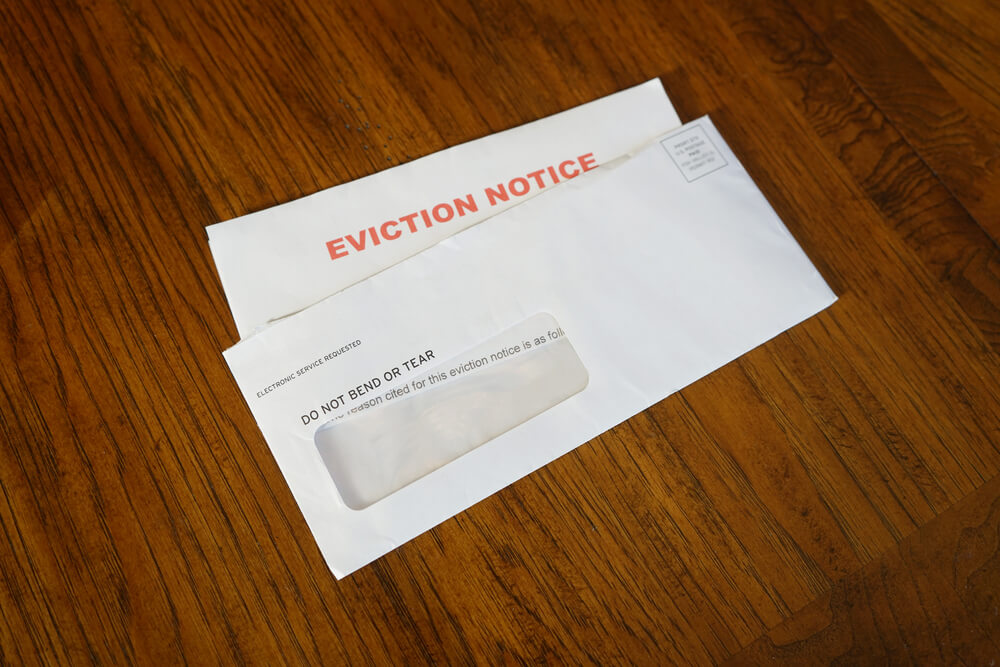
We are often asked about how Landlords can lawfully evict 'problem' tenants.
The Housing Act 1988 as amended by the Housing Act 1996 lays down certain circumstances, known as grounds, under which a landlord may apply to court for possession of a property.
Two of the most commonly referred to grounds are where the tenant has unpaid and excessively delayed rent, and where the tenant has been found guilty of illegal activity or causing nuisance.
We go through ALL the grounds you can rely on.
Read more